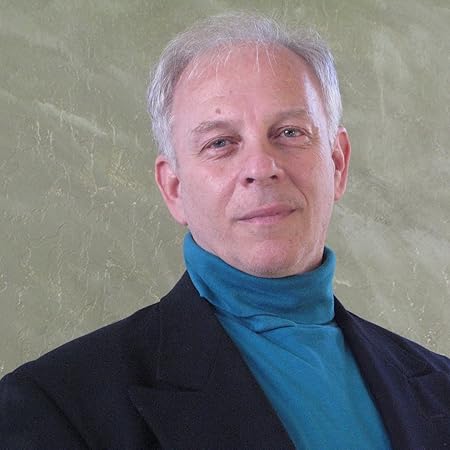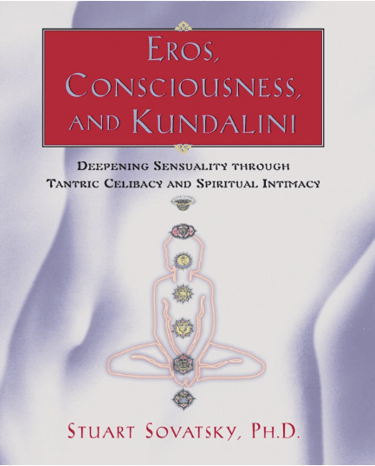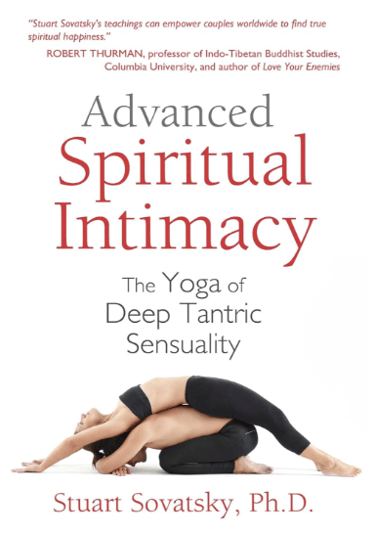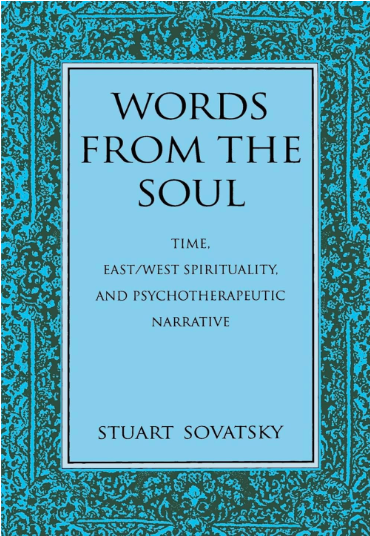Stuart Sovatsky, Ph. D.
MEET
“The sexual liberation movement in the 60's
was over promising the moon.”
Stuart grew up in 1950s upstate New York with a shift-working Mother, a WWII disabled Father and differently-abled Brother. While taking up many family responsibilities, he would later cringe as therapists “empathically” labeled him a “parentified-child” or “neglected”--a combination of experiences that formed the personal basis for his clinical work in a nondiagnostic-poetics of family life, Empathic Admiration, Therapeutic Mentoring and Generative Inclusiveness.


A Unique Life Path of Stuart Sovatsky
Receiving a Rochester Club Scholarship, Stuart began as a premed student and was degreed in Religion from Princeton in 1971 with a pioneering East-West senior thesis, Self and No-self, comparing Nietzschean & Advaitic-Nondual views, Chaired by Victor Preller and Advisor Kenneth Kuan Sheng Chen.
He studied Just War Doctrine with ethicist, Paul Ramsey who consulted nationally on terrorist-noncombatant aspects of the Vietnam War, that opened Stuart to a nondual vision of the courage and traumas [in the Greek-sense of “strengthening-injuries”] of combat veterans meshing with the idealism of pacifist movements of The Sixties, leading to his post-Princeton humanitarian work in juvenile probation and lockups and with the homeless-mentally-ill for six years.
His readings on existential impermanence in the Theravada Buddhist text, The Questions of King Milinda and in Heidegger’s Poetry Language and Thought, the Confucian nobility of all family relationships, complete Kundalini-maturation in the Jnaneshvar-gita and the Hathayogapradipika, Eckhart’s Sermons on innocence and gratitude, the devotional poems of longing of Allama Prabhu, Feuerbach’s “Infinity of consciousness” in The Essence of Christianity [1841], Schleiermacher’s “Absolute Dependence” theology [1799], Kierkegaard’s writings on Angst-uncertainty and “leap of faith” [1840s], Whitman’s intimacies of fellowship in Leaves of Grass, Dostoyevsky’s “Kiss of Christ” in The Grand Inquisitor Scene, Buber’s I and Thou, Foucault’s “profound-pleasures, elixirs of life,” in The History of Sexuality, Proust’s memory-impressionism, ee cummings’ poems of ineluctable innocence, Hannah Arendt’s Heideggerian view of holocaust-horrors as demagogic “thoughtlessness,” Wittgenstein’s philosophy of linguistic-indeterminacy and Lee Sannella’s Kundalini, Psychosis or Transcendence? [1977] have been foundational during his fifty-year counseling career, even as the psychodyamic “diagnostic gaze” upon childhood, families and human suffering has come to dominate professional, popular, and even spiritual, psychologies.
Stuart’s undergraduate lab research on ovulation-modifying estradiol, preliminary to “The Pill” and his student-designed, first-ever, DMT hypothalamic “satiety center” lab research with Bartley Hoebel would serendipitously combine with his later, intensive 45-year yoga practice and writings on “The Spinal-Hypothalamic Puberty of Kundalini Maturation.”
Ancient Wisdom Shared by Stuart Sovatsky, Ph. D.
LET'S STAY CONNECTED!
Receive wisdom & inspirational ideas in your inbox.







